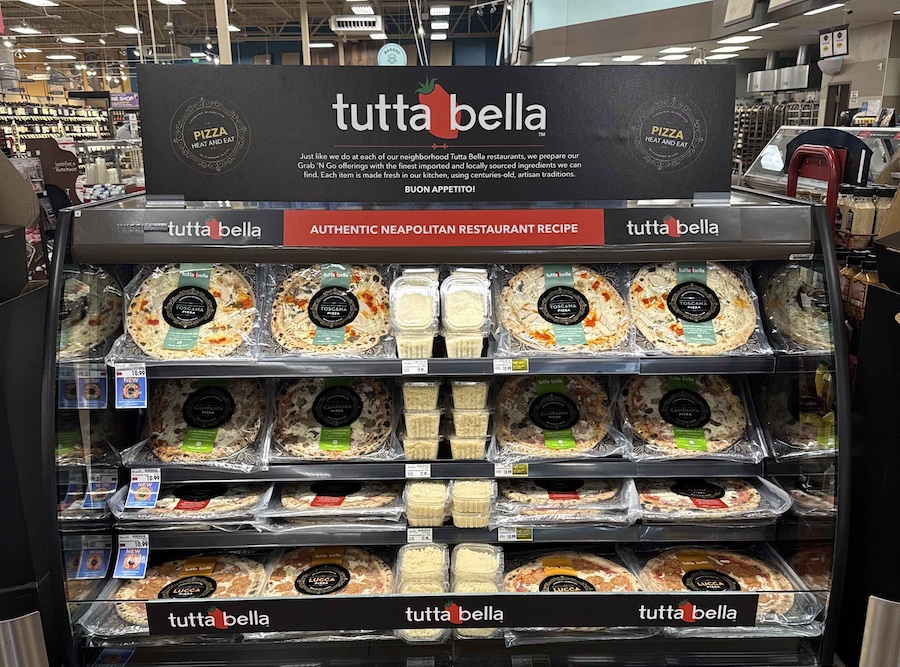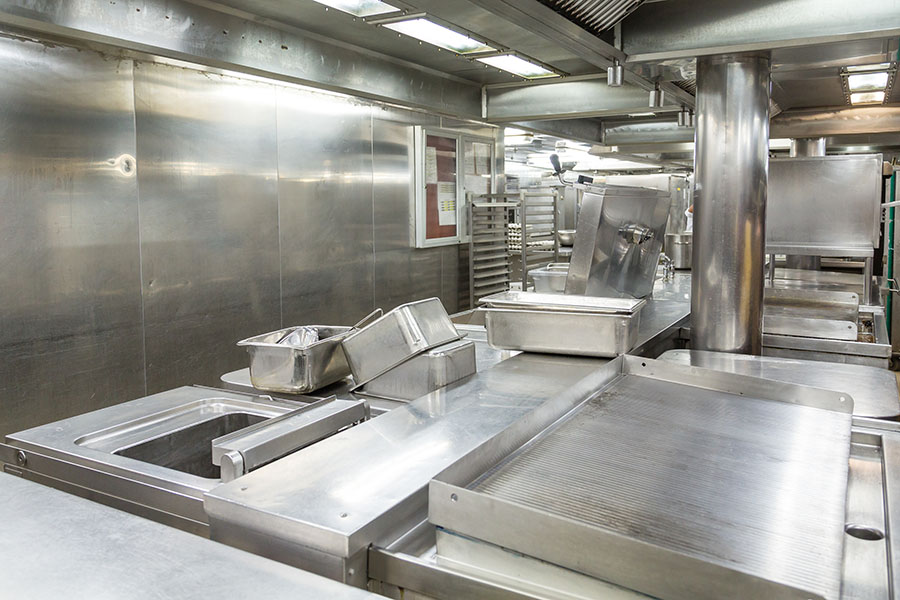
You’d probably never think of courting disaster by driving around uninsured. Yet, if you’re like many independent pizzeria restaurant owners, chances are you’re unwittingly placing your business in the same kind of jeopardy. How? By not carrying a non-owned auto liability policy — coverage insuring you should one of your delivery drivers have an accident, injure someone, or damage property while using their personal vehicle for work-related duties.
“Non-owned auto liability coverage protects the pizzeria owner in the event the personal auto policy of his delivery driver either denies coverage or doesn’t afford sufficient limits to adequately cover the amount of claim for damages,” explains Keith George, managing director for Camp Hill, Pennsylvania-based AmWINS Program Underwriters, Inc. “The coverage applies excess of any other collectible insurance. Other collectible insurance includes the personal auto liability coverage of the delivery driver’s personal auto policy.”
It’s used to cover the restaurant owner for third-party damages caused by employees driving their own vehicles, says Karen Kiernan, PizzaGuard program manager for Willis Programs, based in Portsmouth, New Hampshire.
“This coverage doesn’t cover the employee’s vehicle for any damages due to accidents,” Kiernan elaborates. “This should be covered under the employee’s personal insurance. Nor does it cover any injury to the employee; this is covered under worker’s compensation.”
The insurance provides for inadequate limits of the employee’s policy and defends the operator/ employer if he or she is brought into a claim, says Michelle Groves, account executive for RH Clarkson Insurance Group, headquartered in Louisville, Kentucky. According to Groves, most non-owned policies start at a $1 million-limit, with higher limits possible.
George says pizzeria operators are “playing a very dangerous game” when they fore go non-owned auto insurance, instead believing the delivery driver’s policy provides sufficient coverage. There are plenty of reasons why this mindset places owners at risk. For one, he says, the driver’s auto policy may not respond.
“Even if it does, it will only respond on behalf of the named insured on the policy,” he says. “This doesn’t preclude plaintiff’s attorney from bringing suit against the pizzeria operator/employer as well, as the pizzeria owner is vicariously liable for their employee’s negligence.”
Some personal insurance policies have a “delivery exclusion,” says Cheryl Downey, senior vice president for San Francisco-based EPIC Insurance Brokers. Also, most drivers lack adequate liability limits, threatening the operator’s assets, she adds.
“And you won’t know if your driver’s insurance is cancelled, putting you at further risk,” she adds. “Without insurance, you’ll have to hire your own lawyer to defend you if your driver has an accident.” (In the event the driver’s policy has lapsed for non-payment, there’s no coverage and it “falls back on the owner for full coverage for damages,” explains Kiernan.)
Depending upon the claim’s magnitude, the financial impact for the operator could be huge, says Groves. “In most cases, the attorneys go after the deep pockets,” she says. “They won’t go after the lowly employee; they’ll go after the business owner, and the restaurant could go under.”
Yet, Groves says it’s common for single-site owners and small chains to fore go this insurance (it’s required for big franchised or company-owned chains).
“One deterrent is these policies can be expensive, but it’s more expensive to operate without one; it’s not something you ever want to do,” she says.
But are these policies always necessary? George says yes, if you’re delivering product via employees, you should carry this kind of coverage. But what if you use company-owned vehicles for delivery?
“If the store owners only have and use (company-owned) autos for delivery, then liability arising out of an accident caused by an employee using one of these owned vehicles would be covered (by the owner’s insurance) for any loss, unless excluded, up to the policy limits,” says Kiernan.
However, Downey believes that even when using company-owned vehicles for delivery, non-owned auto liability insurance is a must since it also provides coverage when employees run errands for you using their personal vehicles. George says this is also why pizzerias not offering delivery service should nevertheless have this coverage. The only exception, he adds, is if the pizzeria operator uses a company- owned vehicle for all deliveries and all errands, and that the cars are insured on a business auto policy, rather than on a personal auto policy.
This illustrates one of the advantages of utilizing company-owned vehicles; the knowledge that their policy will respond in the event of an incident, says George, adding that this is only true as long as the vehicle is titled to the named insured and listed on the business auto policy. Company-owned vehicles also eliminate the need for the business owner to monitor the employee’s insurance coverage. (On the other hand, there’s the expense of purchasing and maintaining the vehicles to consider, and because it’s full coverage rather than “excess” the insurance may be costlier, says Kiernan.)
Regardless of whether you’re utilizing company-owned or employee-owned vehicles, investigating non-owned liability policies makes sense, says Downey.
“Why would a restaurant operator risk losing his assets when delivery insurance is available, and relatively inexpensive, to protect those assets?” she asks.
Improving Your Odds

Photo by Josh Keown
Being proactive will help you reduce the number of delivery- related incidents, or avoid them altogether, says Cheryl Downey of EPIC Insurance Brokers. Along with hiring experienced drivers with good records, she advises conducting a thorough safety/operation inspection of the employee’s vehicle (lights, brakes, tires, seat belts, etc.).
Also:
- Be sure the employee has a current auto ID card showing the vehicle they’re using is the same one shown on the ID card, suggests Karen Kiernan of Willis Programs.
- Make sure the employee’s insurance policy is active and that their license is too, says RH Clarkson Insurance Group’s Michelle Groves. Also request a driving history (a DMV report can be run with permission).
- Remember that as an employer, it’s your responsibility to ensure your employees have acceptable driving records, says Keith George of AmWINS Program Underwriters,
- Inc. “Allowing an employee with a poor driving record to deliver makes it difficult to defend the employer in the event” of a lawsuit, he says.
Pamela Mills-Senn is a freelancer specializing in writing on topics of interest to all manner of businesses. She is based in Long Beach, California.





